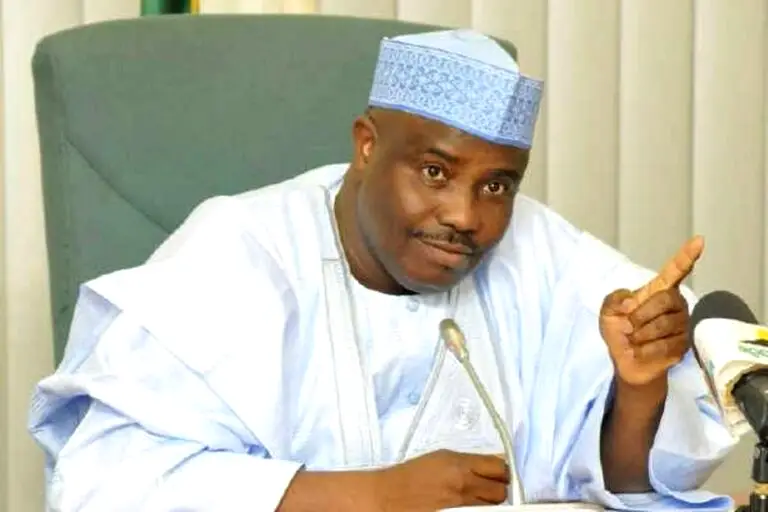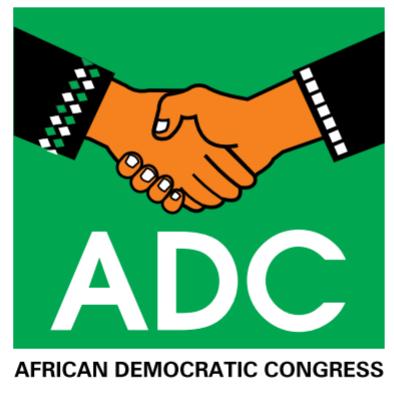[ad_1]
As the scarcity of Premium Motor Spirit, also known as petrol, continues to bite harder, access to the redesigned naira notes forced most traders to lock shops in a bid to avoid collecting the old notes, which were still largely in circulation.
This development was caused by redesigning N1000, N500 and N200 notes. The old notes will not be legally accepted for transactions after the new deadline.
Nigerians have besieged banks and markets across the federation while the reports of scarcity ground businesses and normal daily activities of many people.
Tribune Online gathered that some Point of Sale (PoS) operators in Abuja, Lagos, Ibadan and Osun are surcharging for new naira notes.
Some of the PoS outlets visited were either not dispensing the new notes or charging extra cash for them.
In Abuja, some residents who spoke with Tribune Online at Gwagwalada and Lugbe said some PoS operators are charging as high as N300 for N3,000, N500 for N5,000 and N2000 for N20,000.
On petrol, in Lagos, Abuja, Oyo and Osun, the product is being sold at unregulated prices while commuters, households and businesses are still bleeding money and man-hours on the back of the scarcity.
The two months-long scarcity has wosen the cost of living and affected businesses in Nigeria. Many petrol stations sell as high as N500/litre against the official N185/litre pump price.
Queues for petrol have continued to resurface at filling stations in Oyo, Lagos, Abuja, Osun and other parts of the country, causing hardship for residents and motorists trying to get the product.
Many Nigerians have had to resort to the black market for petrol on the back of the scarcity of the product, buying 10litres for N7000 in Ibadan, Island in Lagos.
PoS operators surcharge for new naira notes
PoS operators are charging N100 per new naira note dispenser for customers while some only mix old and new notes on dispensers.
While in Lagos, many people could not make cash transactions due to scarcity of the new note as traders are not accepting the old notes.
A resident named Tolu Adebimpe said she doesn’t want to make any transactions because of the fear of collecting old notes.
“I have to sit at home because I cannot release only the N1000 note I have and collect old notes as charge.”
In some areas in Osogbo, Osun State capital, a resident who simply identified herself as Dupe said she withdrew N6,000 with N300 after much begging.
“The PoS operator said she will charge N300 for N5,000 and I told her to change my dispenser to N6,000 but the PoS operator insisted I added an additional N150 making N450. I have to get her before she agrees to accept it.”
The scarcity is expected to fade away as President Muhammadu Buhari approved the Central Bank of Nigeria’s (CBN) request for the extension of the deadline for swapping old Naira notes the redesigned ones.
A seven-day grace period, beginning on February 10 to February 17, 2023, has also been approved to enable Nigerians to deposit their old notes at the CBN after the February deadline when the old currency would have lost its Legal Tender status.
“10-day extension of the deadline from January 31, 2023, to February 10, 2023; to legitimately held by Nigerians and achieve more success in cash swap in our rural communities after which all old notes outside the CBN losses their Legal tender Status.”
While, “A 7-day grace period, beginning on February 10 to February 17, 2023, in compliance with Sections 20(3) and 22 of the CBN Act allowing Nigerians to deposit their old notes at the CBN after the February deadline when the old currency would have lost its Legal Tender status.”
[ad_2]






